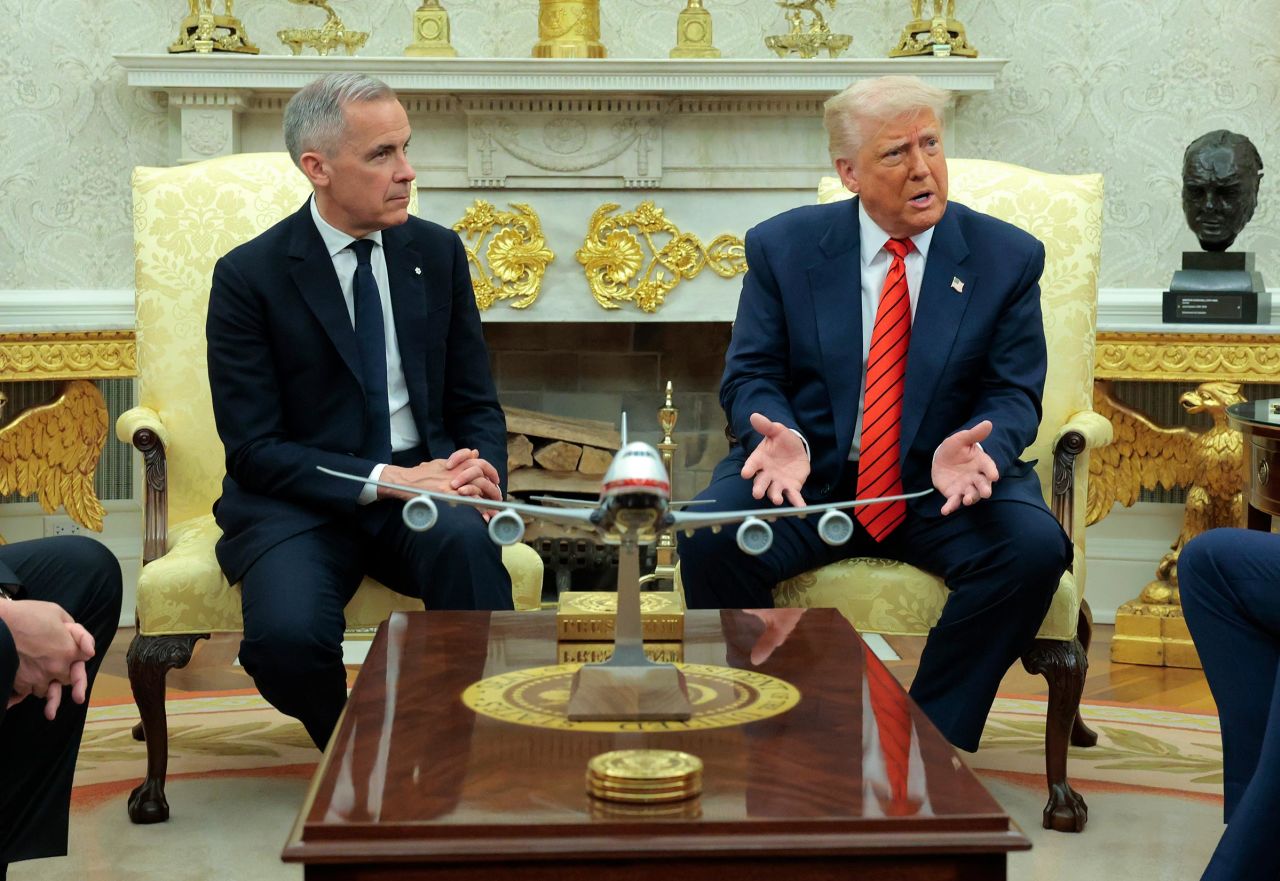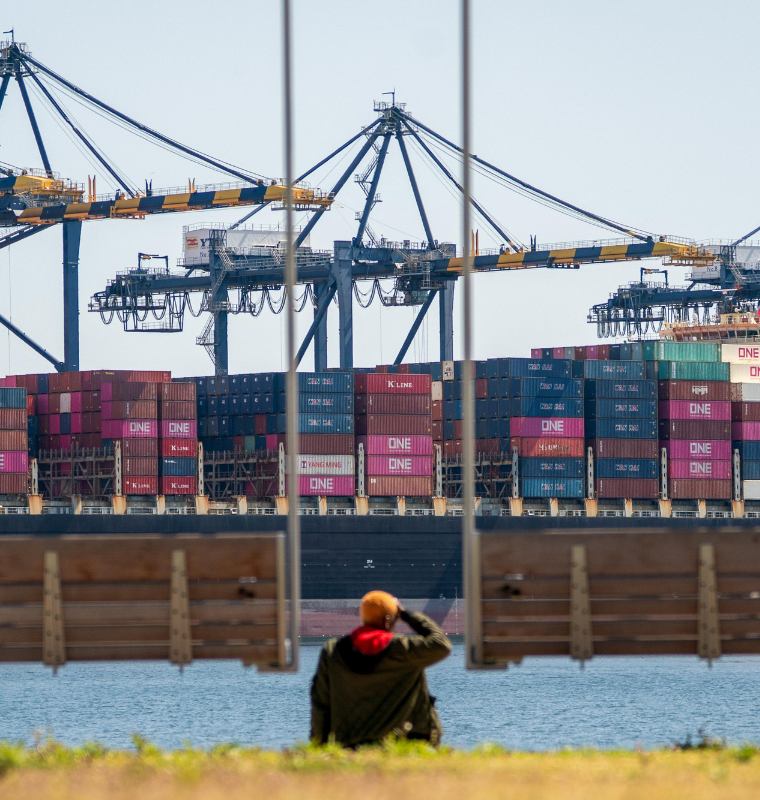Trump and Carney Expected to Hold High-Stakes Trade Talks Amid Rising Tariff Tensions
Trump and Carney Expected to Hold High-Stakes Trade Talks Amid Rising Tariff Tensions
By
Junia Wells
Last updated:
August 4, 2025
First Published:
August 4, 2025

Photo: CNN
Leaders Set to Engage Amid Escalating Trade Dispute
U.S. President Donald Trump and Canadian Prime Minister Mark Carney are expected to speak “in the coming days” as tensions escalate over a new 35% U.S. tariff on Canadian goods not covered under the U.S.-Mexico-Canada Agreement (USMCA), according to a top Canadian official.
Dominic LeBlanc, Canada’s Minister of Intergovernmental Affairs responsible for U.S.-Canada trade relations, told CBS News’ “Face the Nation” on Sunday that while discussions have been “encouraging,” a resolution remains out of reach—though not impossible.
“We’re encouraged by the conversations with Secretary Lutnick and Ambassador Greer,” LeBlanc said, “but we’re not yet where we need to be to get a deal that works for both economies.”
Tariff Blow Linked to Fentanyl Tensions
The 35% tariff, announced by the U.S. on Friday, comes at a sensitive time and is being partially justified by the Biden administration’s claim that Canada has not done enough to curb fentanyl smuggling into the U.S.
While U.S. officials have accused Ottawa of being too lax, Prime Minister Carney has strongly refuted those claims, stating:
“Canada accounts for only 1% of U.S. fentanyl imports, and we have taken concrete steps to further reduce that volume in cooperation with U.S. border agencies.”
The tariff affects a range of Canadian exports not protected under the USMCA, increasing uncertainty for Canadian manufacturers, exporters, and investors.
Ottawa Eyes Strategic Deal to Restore Certainty
LeBlanc expressed hope that a direct dialogue between Trump and Carney could help de-escalate tensions and build a path forward.
“We think there is an option of striking a deal that will bring down some of these tariffs and provide greater certainty to investment,” LeBlanc said.
He noted ongoing conversations with U.S. Commerce Secretary Howard Lutnick and U.S. Trade Representative Jamieson Greer, both of whom play central roles in current negotiations.
Tariffs Threaten Economic Recovery and Investment
The new tariff comes as both countries attempt to navigate fragile post-pandemic recoveries. Analysts warn that steep levies on cross-border goods could:
- Disrupt $800 billion in annual trade between the U.S. and Canada.
- Create bottlenecks in automotive, agriculture, and pharmaceutical sectors.
- Undermine supply chain reliability for both economies.
Economists at RBC Capital Markets estimate that the 35% tariff could cost Canadian exporters over $2.5 billion annually, particularly those in industries outside the umbrella of the USMCA.
Political Pressures and Public Messaging
The tariff announcement is seen by some analysts as politically motivated, with Trump seeking to project strength on trade while pressuring Canada on narcotics enforcement.
Still, the move has drawn bipartisan criticism from within the U.S. Congress, particularly from lawmakers representing northern border states who rely on Canadian trade.
Meanwhile, Ottawa is under pressure to defend Canadian economic interests without further antagonizing its largest trading partner.
What’s Next?
The anticipated Trump-Carney call could determine the next phase in a relationship strained by disputes over drugs, trade, and diplomacy. Both sides are expected to continue back-channel negotiations this week, with tariffs, enforcement, and economic stability all likely on the agenda.
As of now, no official date for the call has been confirmed, but officials suggest it could happen before the end of the week.
Bottom Line
With billions in trade at risk and geopolitical tensions flaring, the coming days may prove decisive. Businesses and investors on both sides of the border are watching closely for any sign of resolution—or further escalation.
Popular articles
Subscribe to unlock premium content
Merch, Meals, and Memories

Innovating One Feature at a Time

Zero Taxes, Maximum Attraction – Why Monaco is the ultimate playground for the wealthy.

Merch, Meals, and Memories

Innovating One Feature at a Time

Merch, Meals, and Memories







.png)

